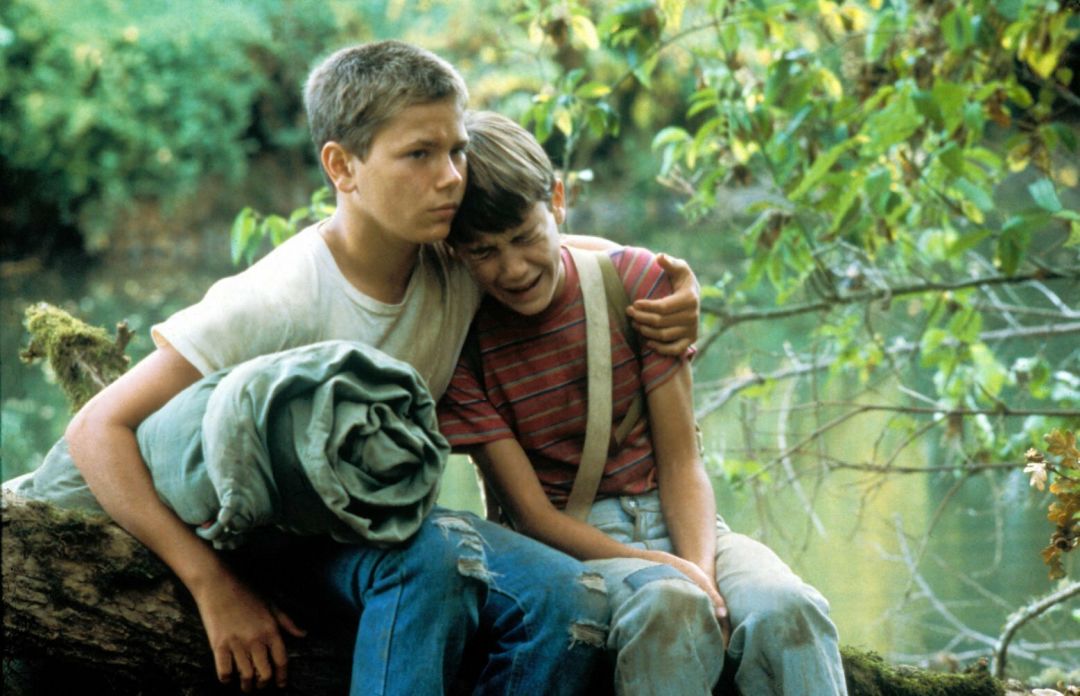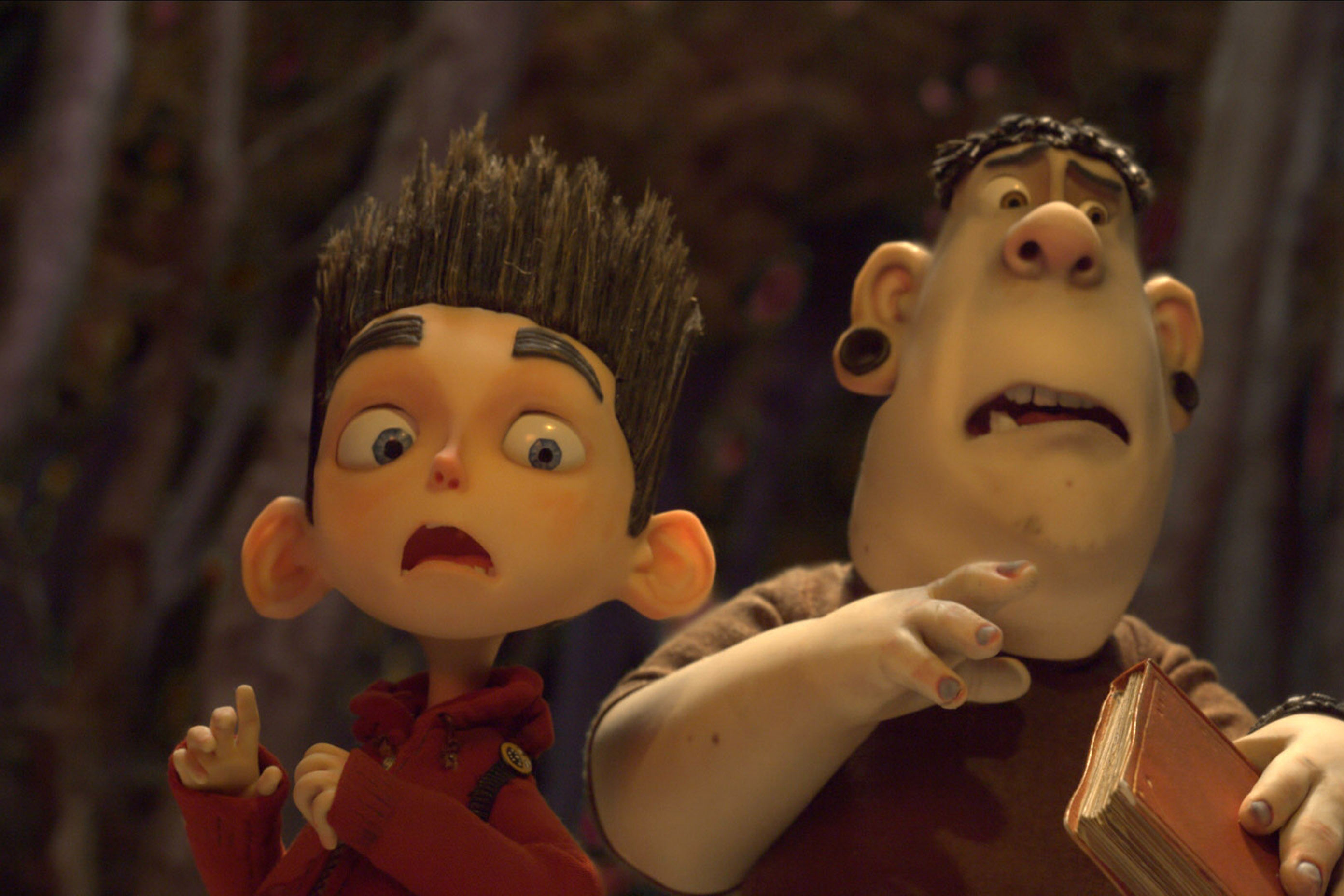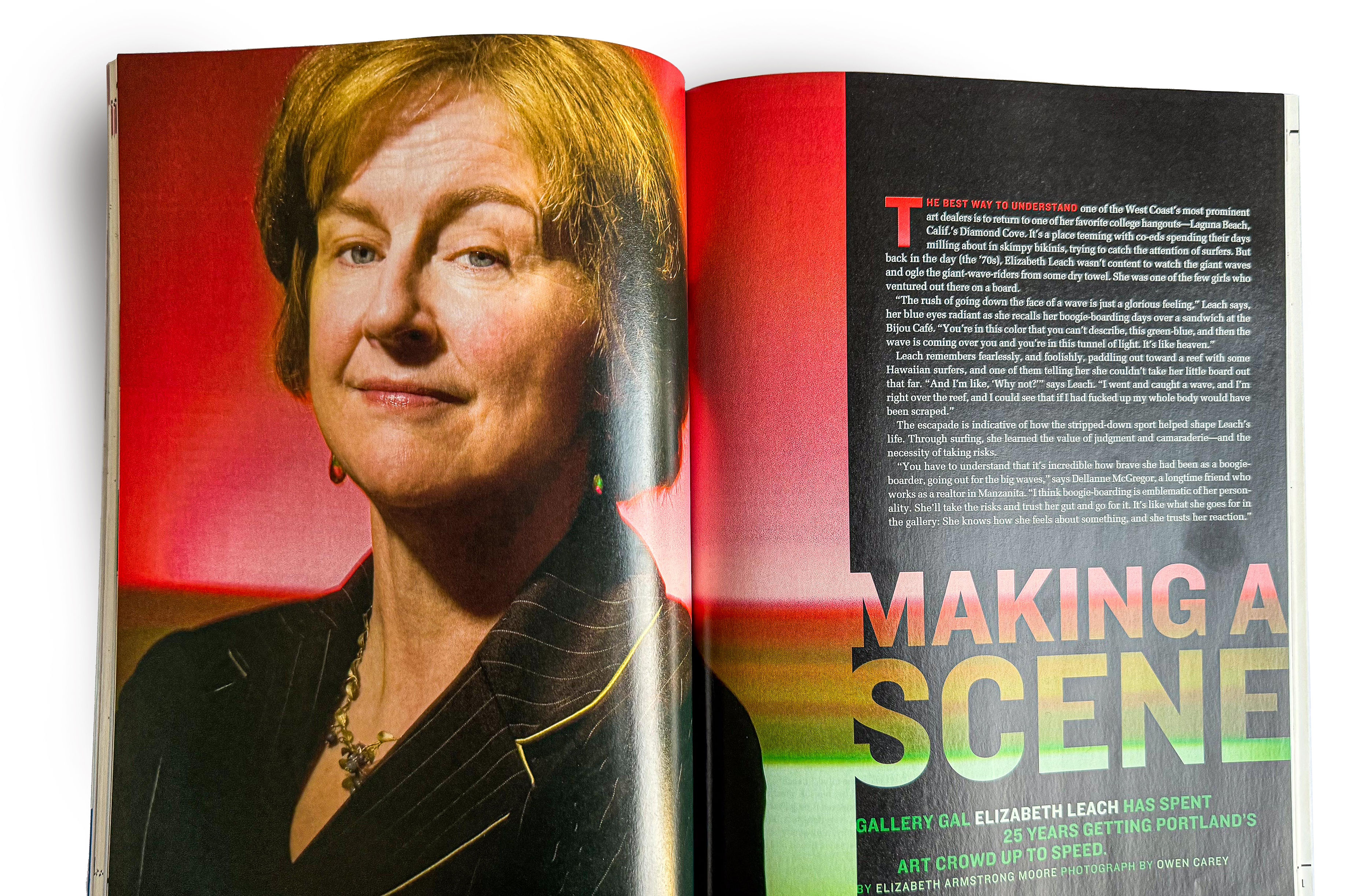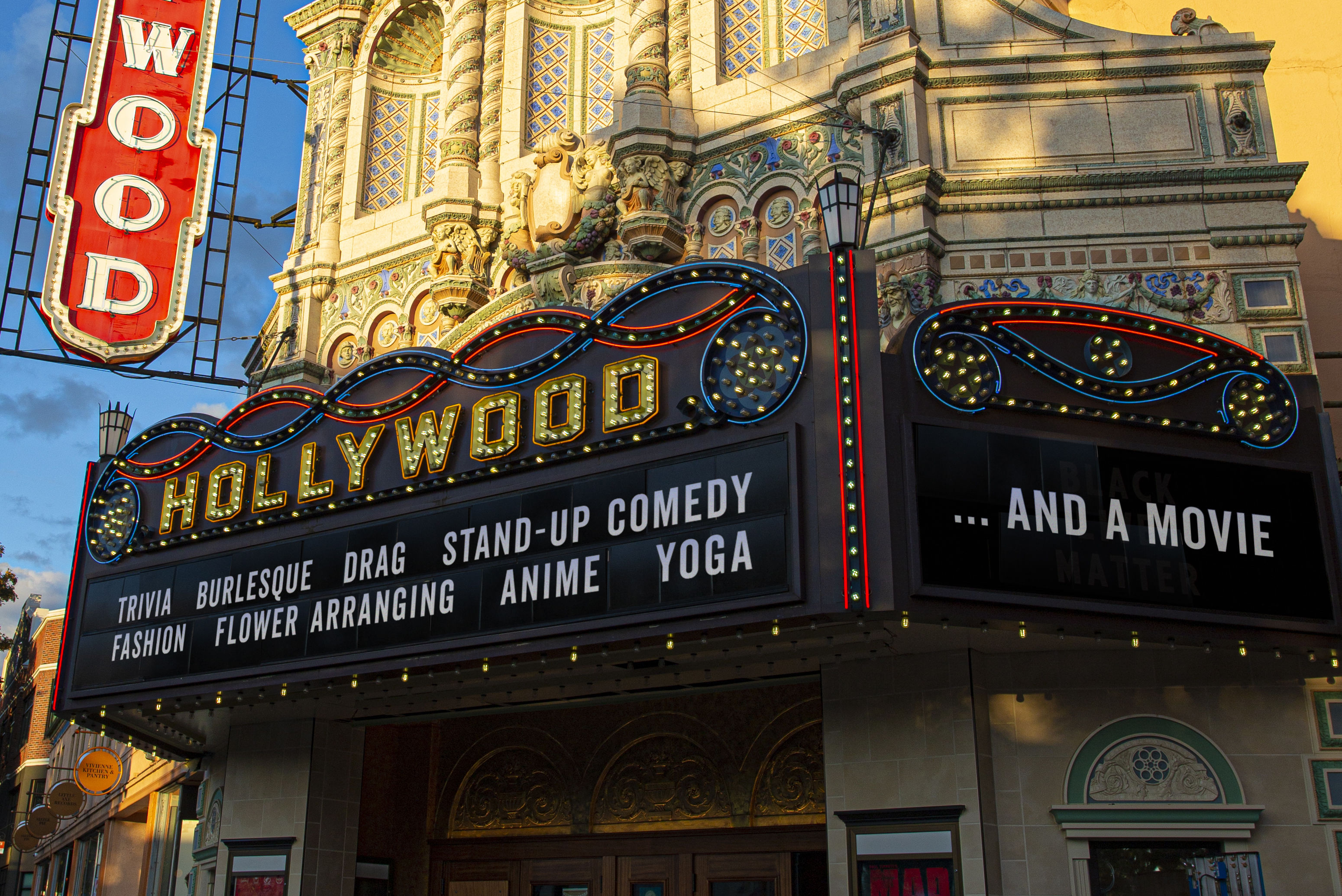35 Years Later, Stand by Me Is Still the Ultimate Oregon Movie

River Phoenix (left) and Will Wheaton in Stand by Me
Thirty five years ago this week, Stand by Me opened in wide release. Fifty one years ago today, River Phoenix was born. It’s tough to disentangle their legacies.
Rob Reiner’s golden hued, gloriously nostalgic 1986 masterpiece about a group of friends searching for a dead body houses a 15-year-old Phoenix’s second (and perhaps best) performance. From its opening frames, Stand by Me is haunted by the death of his character, Chris Chambers; Phoenix’s own untimely demise seven years later has lent it a retroactive air of chilling clairvoyance. Each of the film's young stars—Phoenix, Will Wheaton, Corey Feldman, and Jerry O'Connell—give gripping turns as authentically damaged prepubescents basking in the uncomplicated ease of friendship. But really, it's Phoenix's movie.
Both Phoenix and Stand by Me were forged here in Oregon and grew to transcend their fairly humble origins. Phoenix was born to hippie parents in Madras before he became the prevailing archetype of male sensitivity, and then a martyr. Though it’s set in the fictional Oregon town of Castle Rock (transposed from the Maine setting of the Stephen King novella on which it’s based), Stand by Me was mostly shot in and around Brownsville, which has dined out on the connection ever since the movie took in seven times its budget at the box office and became one of the most enduring hits of the ’80s.
To this day, it's probably the quintessential Beaver State flick, more specifically of-a-place than Kindergarten Cop and more populist and legible than anything by PNW cineastes like Kelly Reichardt or Gus Van Sant. Conspicuously, my 40-something Irish editor-in-chief, and I, a 20-something native Oregonian, share equal passion for it. "It's such a white male film and I will still lie down in traffic for it, because it goes so far beyond that," she wrote me. I bought it on DVD at Fred Meyer when I was about 10 and had it memorized in a matter of weeks; I've probably seen it more than anything else ever made.
One key to Stand by Me's universal appeal is the way it weaves a frame story about a grown-up Gordie La Chance (Richard Dreyfus) remembering his youth into its thrilling tale of unsupervised self-discovery. It's something of a Rorschach test—kids see themselves (or want to) in the movie's adventure story, and adults see themselves in the rueful grown-up Gordie remembering the adventure story. There's a real balancing act to the way Reiner keeps both perspectives in his head at all times, never fully abandoning one to give credence to the other.
The other key to its endurance is its uncommon, knock-you-on-your-ass empathy. This is a movie that evokes the deep feelings of a 12-year-old by feeling deeply for its onscreen 12-year-olds. Tonally, it's dead earnest, not a nasty bone in its body, because it knows time alone is nasty enough to end lives and dissolve treasured friendships.
Gordie (Wheaton) is a casualty of the grief his parents feel for his deceased older brother (played by a baby-faced John Cusack in flashback); Teddy (Feldman) is abused by his unstable veteran father; Vern (O'Connell) is overweight, easy to dunk on, and has a brother from hell; and Phoenix's Chris, as Dreyfus memorably says in voiceover, "came from a bad family, and everyone just knew he'd turn out bad. Even Chris."
The movie gives each boy's pain room to breathe, and then we watch them alleviate it with cigarettes and debates about Goofy and Pluto and odes to cherry flavored Pez. The central relationship, between Gordie and Chris, is one of cinema's great presentations of platonic love. They're knitted together more tightly than Teddy and Vern, the way all friend groups have implicit tiers, and when each boy has a breakdown—Chris about his inability to escape his family's reputation, Gordie about his permanent relegation to his brother's shadow—the other provides flotation. The way Phoenix holds Wheaton while he sobs shortly after the film's climax pretty much cemented his status as an icon of supernatural sensitivity on the spot.
The film's most famous line is, in many ways, also its mission statement: "I never had any friends later on like the ones I had when I was 12. Jesus, does anyone?" There's its empathy, crystalized, plus a distillation of the multitudes that spring from its deceptive simplicity. Stand by Me is about a bewildered adult fumbling for the purity of boyhood, and it's about bewildered boys wielding their youth as a shield against the unbearable darkness of growing up. It's about the vertigo and also the mundanity of loss, all personified in the last endless summer before your world starts to atomize.
It's something I watched in the Oregon wilderness with my friends when I was 12, because it felt like it was both speaking directly to and directly above us, housing something like wisdom between its dick jokes and singalongs which we couldn't quite glean.
I can't say I've had a movie grip me in the same way since. Jesus, can anyone?




